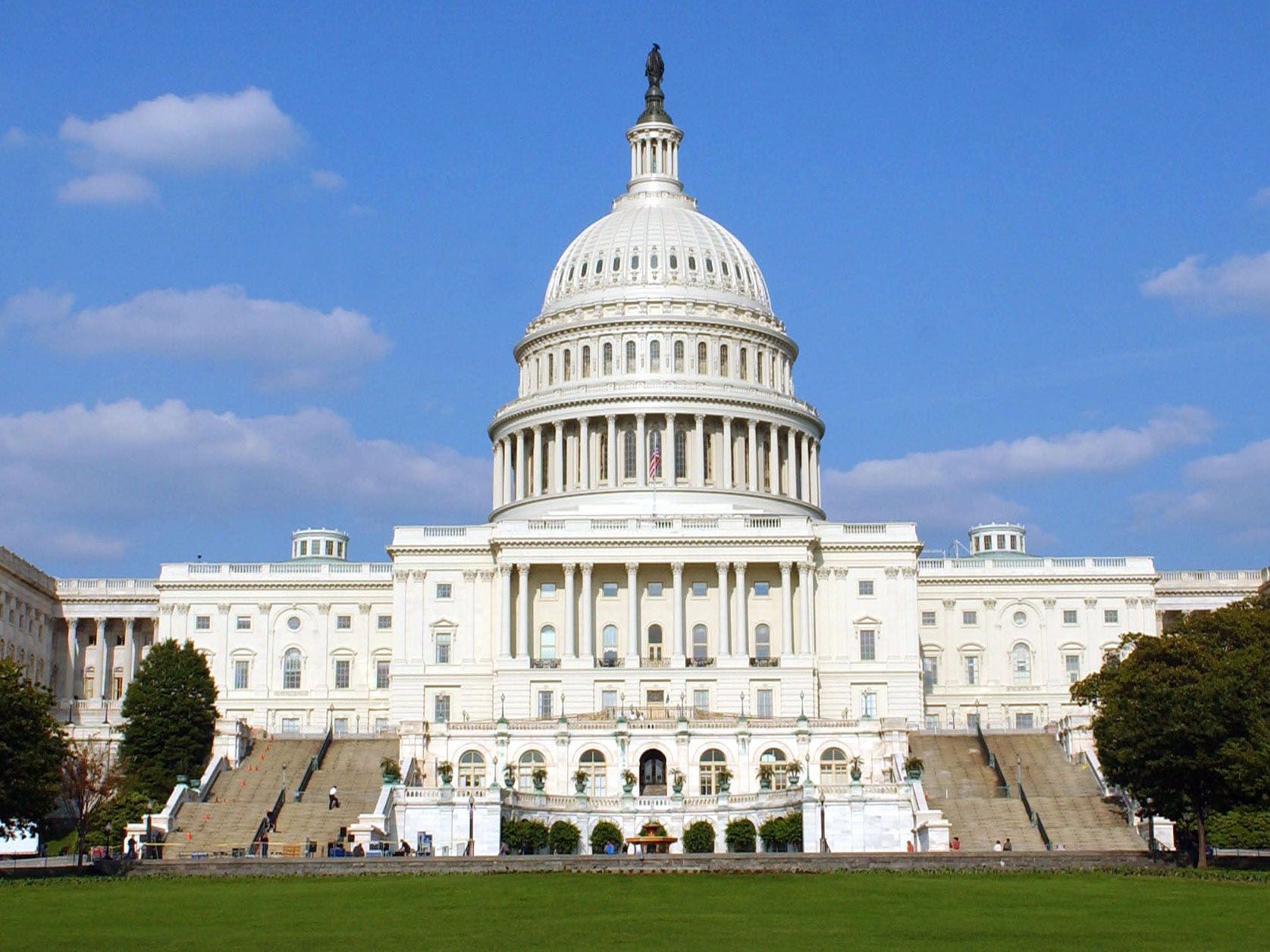Sometimes it is an idea to compare notes. In this instance, the comparison is between legislative bodies in the United States and Ireland - the New World and the Old World if we adhere to a somewhat timeworn comparison in titles.
The U.S. Congress just voted to block plans for a strike by rail unions. The most highlighted demand of the unions, in the specific context of their battle with various rail companies, is the issue of paid sick leave.
Now, many companies in the U.S., probably most companies, allow for paid sick leave. Up to a point. But rail companies are a notable exception to this.
Some reports have stated that the rail companies are hostile to the idea because they laid off so many workers in recent years that the negative effect of unanticipated absence of a single employee due to a paid sick day is significantly amplified. Maybe so.
Be that as it may, the main headline has been the move by Congress to block a strike which, beyond argument, would have been a hammer blow to the nation's economy, and just before Christmas to boot.
It should be stated that the House of Representatives, in voting 290-137 to block the strike - a vote allowed for under a 1926 law - voted separately 221-207 to mandate paid sick leave for railroad workers.
It should also be noted that not all the rail unions were supportive of strike action, but enough of them were to make strike action and widespread economic disruption a reality.
The congressional action came with approval from the Biden administration. Suffice it to say, many union members are very unhappy with "Amtrak Joe." The Boston Globe reported that Labor Secretary Marty Walsh would now be busy mending fences, or rather rails, between the unions and President Biden.
But should the Biden administration and union-supporting members of Congress continue to push for paid sick leave the railroad companies will be angry too. And they have to be reckoned with. Those companies include Union Pacific, Berkshire Hathaway’s BNSF, CSX, Norfolk Southern Corp., and Kansas City Southern.
The contract negotiations between the companies and unions threw new light on the paid sick leave issue. But should paid sick leave still be an issue in 2022?
As it happens, this is the year when the Irish government steered through a piece of legislation called the "General Scheme of the Sick Leave Bill 2022."
The government, a three-party coalition, said that the bill would be the latest in a series of actions that have improved social protections for workers and the self-employed over the last five years, including:
paternity benefit; parental leave benefit; enhanced maternity benefit; treatment benefit and the extension of social insurance benefits to the self-employed.
Under the new legislation, statutory entitlement to sick pay will be phased in as part of a 4-year plan and starts at 3 days per year. That number rises to 5 days in 2024, 7 days in 2025, and 10 days in 2026.
The scheme, according to the Irish government, "is comparable with those in other advanced EU economies."
Tánaiste Leo Varadkar said of the legislation: "The pandemic exposed the precarious position of many people, especially in the private sector and in low-paid roles, when it comes to missing work due to illness.
"No one should feel pressured to come to work when they are ill because they can’t afford not to. Ireland is one of the few advanced countries in Europe not to have a mandatory sick pay scheme and although many, we think approximately half, of employers do provide sick pay, we need to make sure that security, that safety net, is there for all workers, regardless of their job. It has to be one of the legacies of the pandemic. It will be available to all workers, regardless of their illness.
"I fully understand that many businesses are struggling at the moment with additional costs because of the Russian invasion of Ukraine, as well as the aftermath of COVID and Brexit and the disruption both have brought. That is why we have chosen to phase this in, in this way. We have made a big effort to design the scheme so that it’s easy to use, fair and affordable for employers.
"We’ve done a lot of consultation on this, with representatives from both the employee and employer side and although I know some will think it goes too far and others that it doesn’t go far enough, I think it has struck a fair and reasonable balance."
"Consultation. "Reasonable Balance." How quaint. Actually, How sensible.
Irish legislators, together with colleagues in those Old World/Advanced European economies, would appear to be chugging along quite nicely when it comes to social policy in the third decade of the 21st century.
Meanwhile, over here in the "New World," we seem to be yet inhabiting the age of the Iron Horse in the context of paid sick leave for railroad workers - and so much else.









